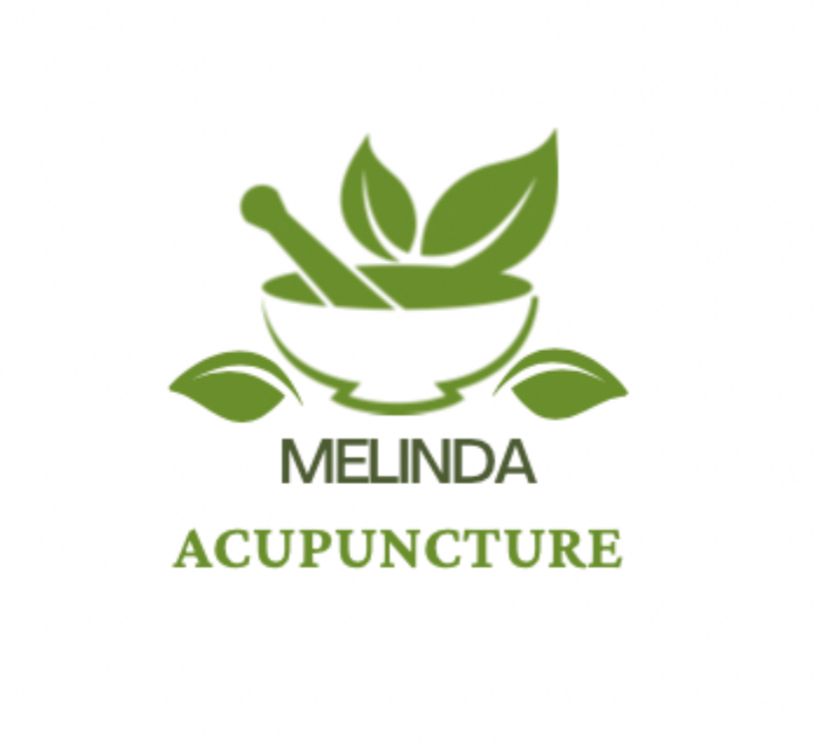Acupuncture for Relief and Replenishing: A Natural Rest for Mental Health

In honor of Mental Health Awareness Month,
it’s time we talk about stress.
Stress is not just as a passing feeling, but as a real, chronic condition that impacts our minds, bodies, and overall, well-being. While there are many tools for managing stress, acupuncture offers a gentle, holistic approach that not only relieves symptoms but helps replenish what stress takes away.
A Quiet Path to Mental Balance
Mental health isn’t always visible, but it’s felt deeply—through sleepless nights, racing thoughts, constant overwhelm, or emotional numbness. Acupuncture, a core practice in Traditional Chinese Medicine (TCM), provides a path back to balance using the body’s own healing energy. It's a natural way to support emotional regulation, reduce anxiety, and give the nervous system space to reset.
How Acupuncture Supports Mental Health
1 . Soothes the Nervous System
- Chronic stress keeps the body locked in survival mode. Acupuncture helps calm the sympathetic nervous system (fight-or-flight) and enhances parasympathetic activity (rest-and-digest). This shift supports:
- Emotional regulation
- Increased resilience
- Groundedness and clarity
2 . Reduces Anxiety and Depression Symptoms
Emerging research and countless personal accounts show acupuncture can ease symptoms of anxiety and depression. By stimulating specific points, the body releases endorphins and serotonin—natural mood stabilizers that can lift your emotional state without side effects.
3 . Improves Sleep & Mental Clarity
Poor sleep and “mental fog” often come hand-in-hand with emotional distress. Acupuncture promotes deeper sleep and mental quietude, both essential for mental health recovery and daily functionality.
4 . Releases Emotional Blockages
In Traditional Chinese Medicine, emotional pain can create stagnation in the body, which can manifest with unconscious clenching of the jaw or tightness in the neck and shoulders for example. Acupuncture works on both a physical and energetic level to help process and release stored emotions—grief, sadness, frustration—allowing space for healing.
Acupuncture as Replenishment
When stress depletes your energy, mood, and focus, acupuncture steps in not just to relieve, but to replenish. This is where acupuncture shines—it helps refill your cup, so you can meet life with more presence and peace. Many people struggling with burnout or emotional exhaustion find acupuncture an essential part of their self-care and mental health toolkit, alongside therapy, meditation, or medication.
Remember: Mental Health Is Health
Recognizing the connection between our physical and emotional states is key. Acupuncture respects this connection deeply, treating the whole person—not just symptoms. During Mental Health Awareness Month, consider it a gentle invitation to tune in, slow down, and reconnect with yourself.
What to Expect
Sessions are deeply relaxing. After a personal consultation, you’ll lie comfortably while ultra- fine needles are placed in specific points (most don’t feel more than a pinch). Many people describe the experience as “meditative” or “releasing,” and often feel calmer immediately afterward.
In Support of Your Whole Self
Whether you’re feeling on edge, overwhelmed, or simply in need of a reset, acupuncture offers a safe space to restore calm, release emotional weight, and support your mental health naturally. Let this be a reminder: you don’t have to wait until you're burnt out to begin healing. Treat yourself kindly, in all ways that matter to you.
You deserve care, calm, and connection—one breath, one needle, one step at a time.
Let us know the ways you manage your stress in the comments below!


